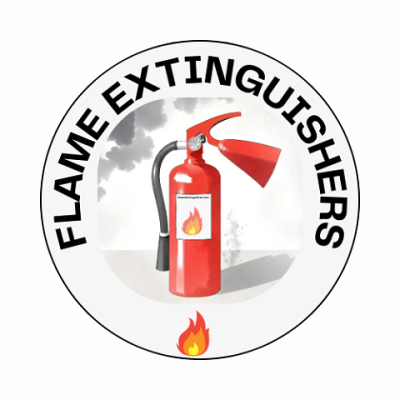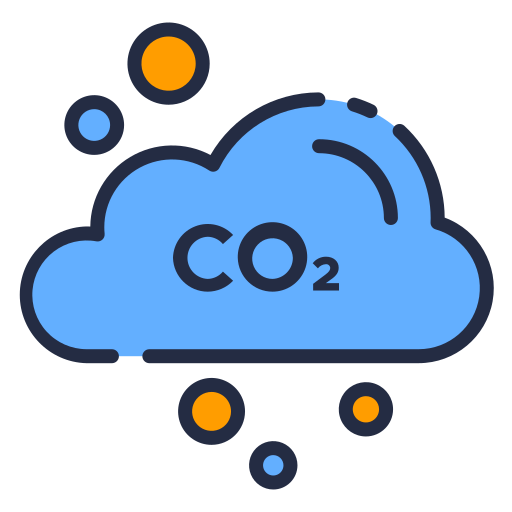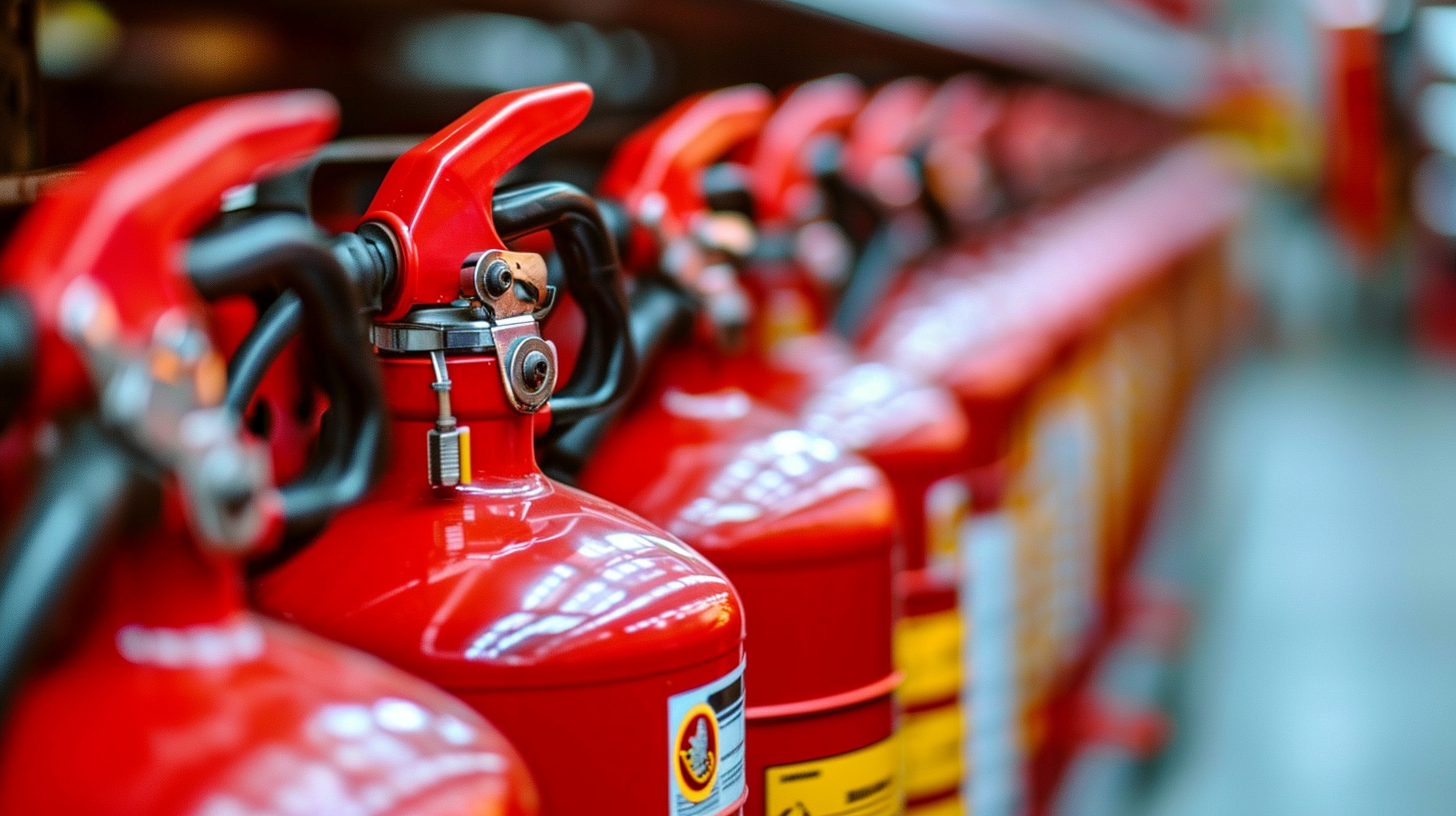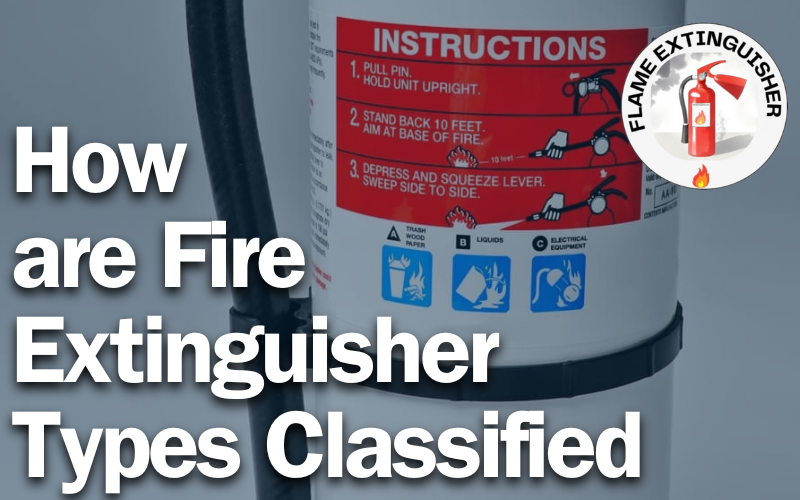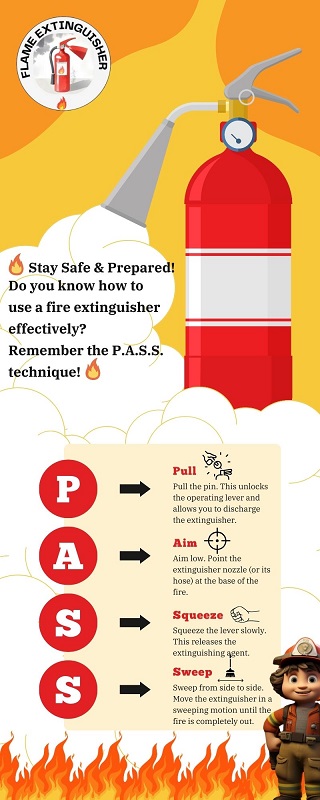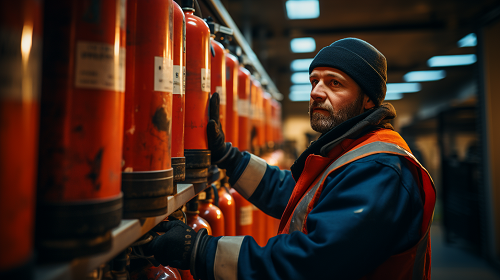
Best Fire Extinguisher Guides 2025
Explore our best fire extinguisher guides for 2024. Find the extinguisher for you and then hope you never have to use it!
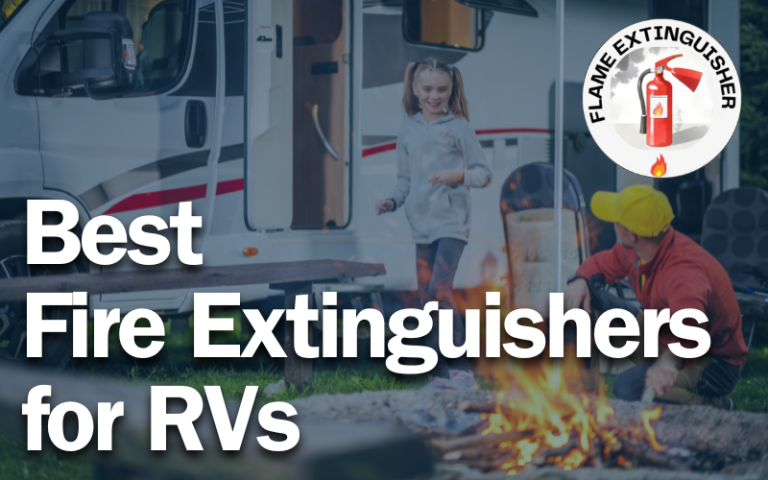
Best Fire Extinguishers for RVs 2025
Safety Compliance Made Simple and Efficient. Explore different types of fire extinguishers, our reviews and ratings letting you know which fire extinguisher is right for you and your RV
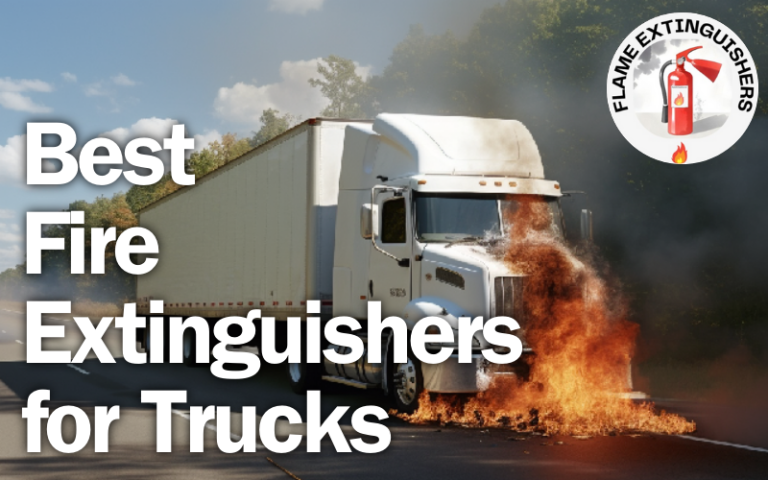
Best Fire Extinguishers for Trucks 2025
Complex systems and potential fire hazards, require specialized fire extinguishers to ensure the safety of drivers, cargo, and the vehicle itself
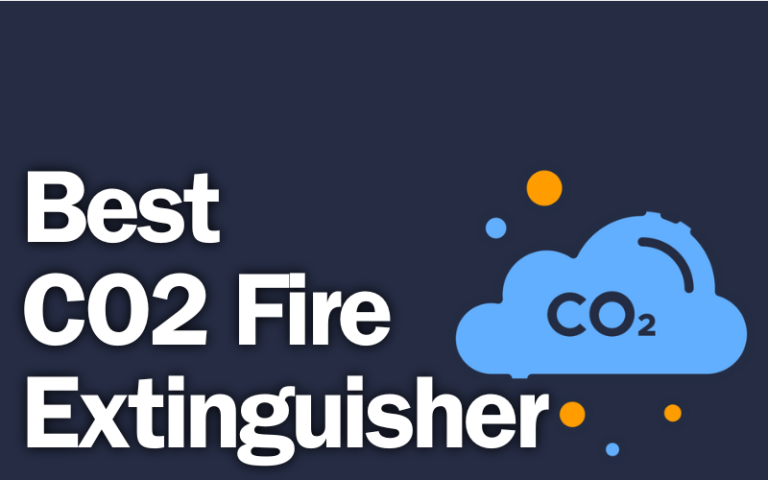
Best CO2 Fire Extinguishers 2025
Their clean agent that leaves no residue, making them suitable for sensitive equipment. They also pose no risk of conducting electricity and are effective in enclosed spaces.
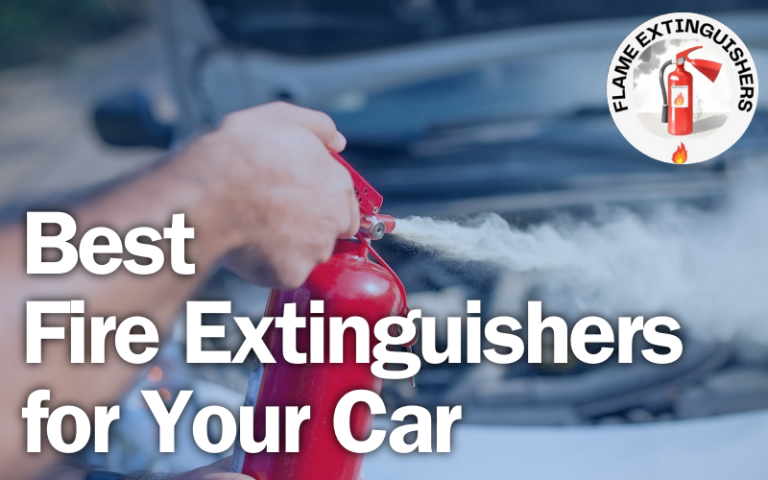
Best Fire Extinguishers for Cars 2025
Explaining their uses, limitations, recommended sizes, suitable fire classes, and why investing in one is a smart decision.

Best Home Fire Extinguishers 2025
With a plethora of options available, navigating the choices can be overwhelming. To simplify your search, we’ve compiled a list of the top 10 home fire extinguishers, available on Amazon.
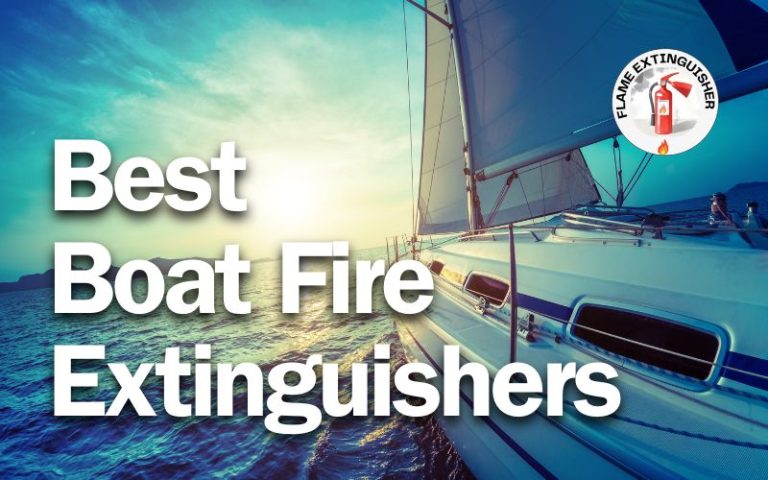
Best Boat Fire Extinguishers 2025
Protect your vessel with USCG-approved boat fire extinguishers. Compare ABC/BC/clean-agent picks, placement tips, and maintenance. Shop best options now.

Best Portable Power Stations 2025
From sudden power outages to weekend adventures off the grid, portable power stations are fast becoming essential
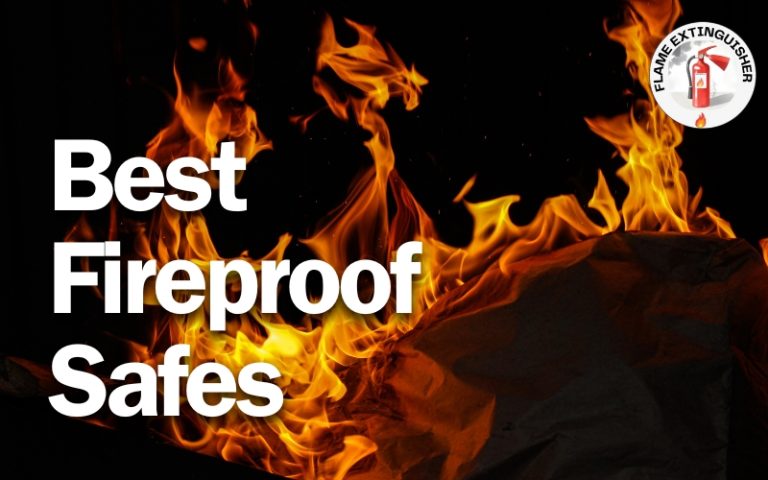
Best Fireproof Safes 2025
Let’s be honest: nobody wakes up thinking, “Today’s the day I research fireproof safes!” But when disaster strikes, you’ll want one
